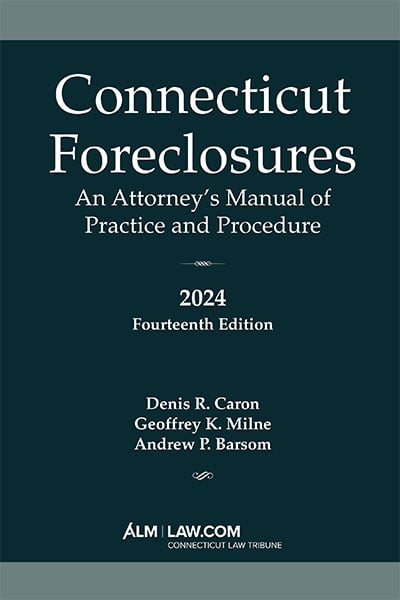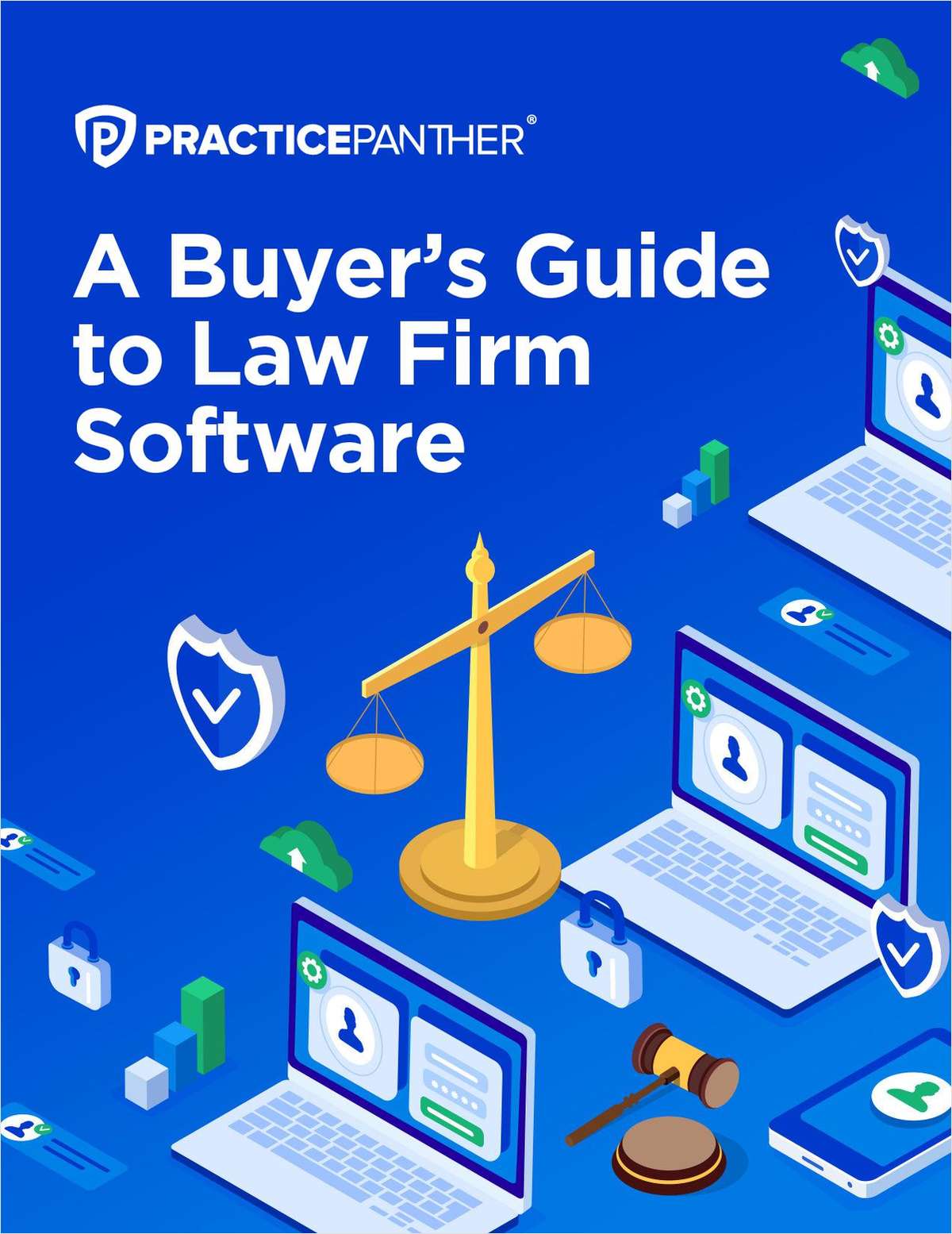0 results for 'Thomas A. Moore and Matthew Gaier'

Spoliation Sanctions in Obstetrical Malpractice Cases
When a hospital fails to produce fetal monitor strips (or tapes) in a malpractice case, plaintiffs counsel have two potential avenues of recourse. The more common remedy is an adverse inference charge, which may be pursued as a sanction for spoliation on a motion brought during discovery.



View more book results for the query "Thomas A. Moore and Matthew Gaier"


$14M med-mal verdict tossed due to judge's actions
A New York state appeals court has thrown out a $14 million medical malpractice verdict, holding that a Brooklyn Supreme Court judge's inappropriate conduct, including presenting the brain-damaged 4-year-old plaintiff with a box of candy in front of the jury, denied the defense a fair trial. "[B]y virtue of the cumulative effect of the improper conduct of the trial court ... the jury could not have considered the issues at trial in a fair, calm and unprejudiced manner," the unanimous panel held.



TRENDING STORIES
More from ALM
- Morgan & Morgan Class Action Attorneys Detail Pathway to Success Within Cybersecurity and Data Privacy Practice 1 minute read
- Holwell Shuster & Goldberg Partners Leverage 'Hostile' Witnesses to Secure $101 Million Verdict Against Walmart 1 minute read
- Legal Speak at General Counsel Conference Midwest 2024: Mike Andolina, Partner, White & Case 1 minute read
Resources

State AI Legislation Is on the Move in 2024
Brought to you by LexisNexis®
Download Now

2024 ESI Risk Management & Litigation Readiness Report
Brought to you by Pagefreezer
Download Now

Creating a Culture of Compliance
Brought to you by Ironclad
Download Now

A Buyer's Guide to Law Firm Software
Brought to you by PracticePanther
Download Now



